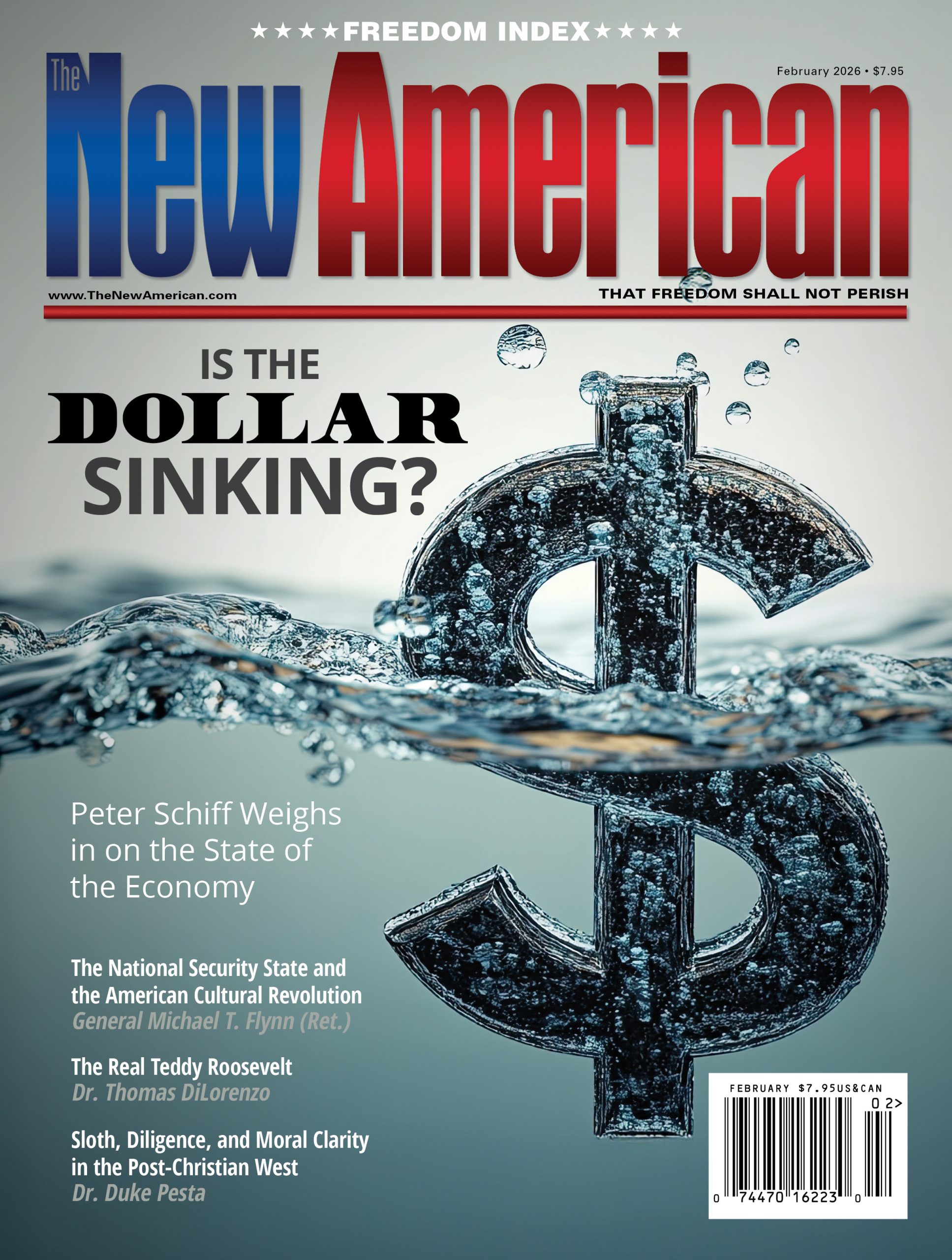Reprinted with permission from American Opinion, January 1963
ITEM: THE NEW YORK TIMES, November 21, 1962:
Secretary of State Dean Rusk indicated yesterday that as a result of exchanges between the Soviet Union and the United States in the Cuban crisis a way might be open for progress on other world problems.“I suspect that we are on tile front edge of significant and perhaps unpredictable events,” he said at a luncheon held by the Foreign Policy Association at the Waldorf-Astoria, “a period in which some of the customary patterns of thought will have to be reviewed and perhaps revised—process that will affect governments in all parts of the world.”
CORRECTION: We have as much confidence in Mr. Rusk. as our Secretary of State, as we would if Corliss Lamont were in that position. Mr. Rusk has been connected with the State Department since 1947. He knows all about the Hiss case, and the extent and danger of Communist infiltration of our government. Yet he had the audacity to promote William Arthur Wieland, one of Castro’s staunchest promoters in the State Department, after Wieland’s record was fully known. Rusk, who was a professor, and later dean of faculty, at Mills College in California, entered government service in 1946 as a special assistant to Secretary of War Robert P. Patterson. What qualified him for that sensitive position we shall never know. In 1947 he entered the State Department to take over Hiss’s former job as principal official on United Nations affairs. (In 1945 Hiss had gone off to become President of the Carnegie Foundation, at the invitation of John Foster Dulles.) In 1949 Mr. Rusk, along with George F. Kennan, was made principal adviser to Secretary of State Dean Acheson, on policy matters in all regions. What great genius, on the part of Mr. Rusk, propelled him forward so swiftly in the State Department we are at best unaware. But his clairvoyance was obvious as early as June 14, 1950, when he informed the world Affairs Council Conference at the University of Pennsylvania that the Chinese “Revolution” is “not Russian in essence” and “does not aim at dictatorship.” He further asserted that “the Revolution in China ‘was similar’ to the American revolt against the British.” Ten days later, history tells us, the North Koreans invaded South Korea.
Of course, Mr. Rusk, as Assistant Secretary of State on Far Eastern Affairs, was present at that famous conference on Wake Island between President Truman and General MacArthur, during which Philip Jessup’s secretary, Miss Anderson, was busily eavesdropping behind a closed door, and taking down a full stenograhic text of the conference, without the President, MacArthur, Jessup, or Rusk (so they said) knowing that she was there. It was the knowledge of what was said at this crucial conference which enabled the Communists to plan their strategy in Korea which later sent many American soldiers to their graves. It should be added, parenthetically, that Philip Jessup is one of Own Lattimore’s closest associates.
Naturally, it was Mr. Rusk who also formed part of the strong State Department opposition to MacArthur’s policy of victory in Korea, insisting that MacArthur not attack the Red Chinese beyond the Yalu, thus assuring eventual American defeat and humiliation.
Mr. Rusk remained in the State Department long enough to do for Mao Tse Tung what he is now doing for Castro. In 1959 he left the Department with the outgoing Administration and found a ready berth as President of the Rockefeller Foundation. where he was in a position to lend financial support to such fine Communist-controlled organizations as the Institute for Pacific Relations. Eight years later, because of his great talent at losing the Cold War, Mr. Rusk was called back to the State Department by John F. Kennedy to take up the work he had left off. His achievements to date: consolidation of open Communist presence in the Western Hemisphere; support and recognition of the Red Algerian Government; recognition of Communist Mongolia after having sent Owen Lattimore there for a survey; insistence on a pro-Red coalition government in Laos; assurances to the Red Chinese that we would not support an invasion of the mainland by Chiang Kai Shek; surrender of Dutch New Guinea to the Indonesian Communist leader Sukarno; unyielding policy to destroy Tshombe and Katangan independence; fanatic insistence on continued foreign aid to Communist Poland and Yugoslavia; acquiescence to the Berlin Wall; support of United Nations hostility toward South Africa and Portugal; promoter of the plan to socialize South America known as the Alliance for Progress; and much more. Now Mr. Rusk informs us that we are on the “front edge of significant and perhaps unpredictable events.” Significant, sí; unpredictable, no.


